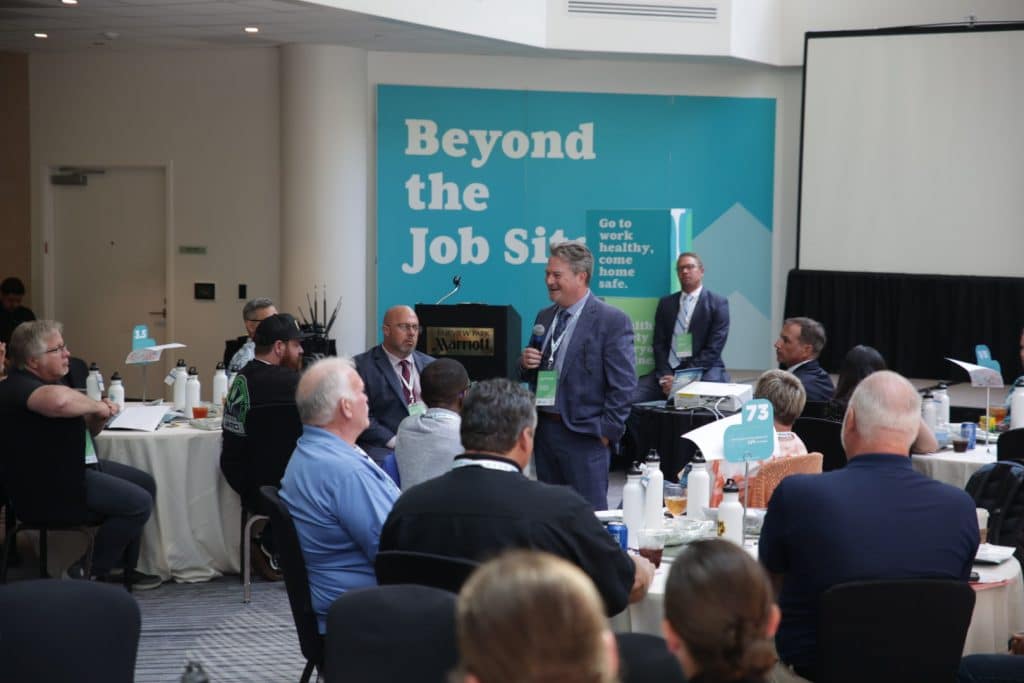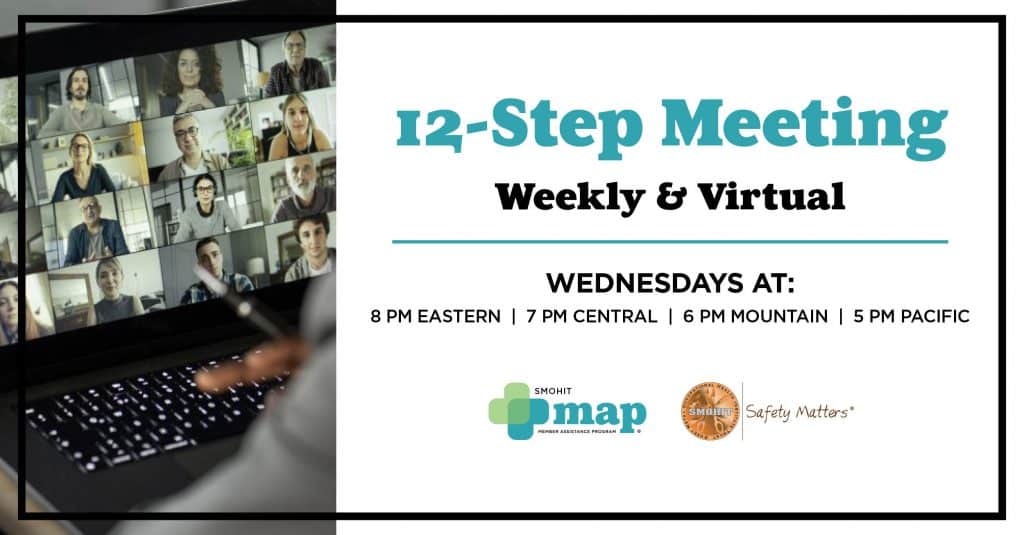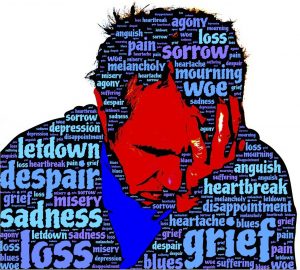
SMART MAP (Member Assistance Program) mental health sessions have been evolving since they began more than a decade ago to combat the high suicide and substance use disorder rates among construction workers. Participants in the class become SMART MAP mentors as they learn to be mental health first responders — peer counselors able to lend a listening ear and guide fellow SMART members to local resources.
The three-day sessions offer theoretical as well as practical knowledge and the basic skills necessary for crisis intervention. They also give participants information about substance abuse disorder and relapse, motivational interviewing, confidentiality and ethics, legal issues, marijuana, health insurance and treatment center options, suicide prevention, aftercare programs and how to change the culture of the union and help end the stigma of addiction and other mental health issues.
While Canadian brothers and sisters have been included in SMART MAP sessions in the past, due to the pandemic, a session hadn’t made its way north since 2018. With some help from Patricia Pike, a Canadian-American dual citizen and CEO and founder CanAm Interventions, the SMART MAP session held in Toronto on March 26-28 provided a tailored presentation.
“Since we’ve been doing education and training through SMART MAP the last 10 years or so, we’ve had Canadian members attend regular SMART MAP sessions,” said Chris Carlough, SMART MAP coordinator. “It’s not brand new, but the program we delivered this time was specifically designed for Canada.”
The key to a successful SMART MAP mental health session is a group of participants willing to share their experiences and engage with the speakers. The March class was full of such attendees, with a long waitlist emerging within 18 hours of registration opening. Due to the need, the Sheet Metal Occupational Health Institute Trust (SMOHIT) allowed 57 members to attend the course, nearly double the size of a normal session.
Typically, having more than 25-30 participants takes away from the course’s intimacy and engagement. Not this time, said Jeff Bradley, SMOHIT program director.
“It was like a bunch of buddies going out together and talking,” he said. “It was cool.”
“We’ve had sessions before when you’re trying to pull out words, experiences, thoughts out of the attendees, but Canada wasn’t like that,” added Carlough. “It was a raucous event for three days.”
SMART MAP mental health sessions are typically held for local leadership, and the SMART MAP team also presents a peer-to-peer session for rank-and-file members. In July, they will be back in Toronto to impart skills and mental health knowledge to members of Local 285.
“We are doing peer training throughout North America, and we will be present in Canada in 2024,” Carlough said.
The combination of mental health sessions for leadership and peer-to-peer trainings for rank-and-file members helps bring awareness of mental health and substance use disorder to the entire local, Carlough explained.
“In the mental health trainings, we’re talking to people in the room directly,” he noted. “But we’re also talking about the people who they’re going to go back and help in their local unions.”
The success of the session is measured by the knowledge and skills gained and how members use that knowledge to help one another. During the March Toronto session, members developed the confidence to talk about difficult subjects, see different perspectives on addiction, and understand the true definition of self care and useful statistics, according to post-event evaluations.
“We can put this gained knowledge to use immediately,” one member said.
Another added: “Everything covered during this session has been well worth it, and I want to thank the team for all the work you do and help that was given to me.”


 Mental health is one of those things that we don’t want to talk about too much. With so much still unknown about the coronavirus, many people are still depressed, anxious, scared and stressed. We’ve watched how the world has changed during the pandemic, with millions of people losing their lives, and there is still a stigma related to the virus. Wear a mask. Don’t wear a mask. In the beginning, the coronavirus was thought to only affect the elderly population, but now, a year later, we know that to be untrue. Isolation, food and supply shortages were all things we dealt with during the pandemic.
Mental health is one of those things that we don’t want to talk about too much. With so much still unknown about the coronavirus, many people are still depressed, anxious, scared and stressed. We’ve watched how the world has changed during the pandemic, with millions of people losing their lives, and there is still a stigma related to the virus. Wear a mask. Don’t wear a mask. In the beginning, the coronavirus was thought to only affect the elderly population, but now, a year later, we know that to be untrue. Isolation, food and supply shortages were all things we dealt with during the pandemic. Optum has announced that they are taking steps to offer assistance to people impacted by the shooting in Las Vegas. Behavioral care advocates are available 24/7 to address any concerns members may have.
Optum has announced that they are taking steps to offer assistance to people impacted by the shooting in Las Vegas. Behavioral care advocates are available 24/7 to address any concerns members may have.